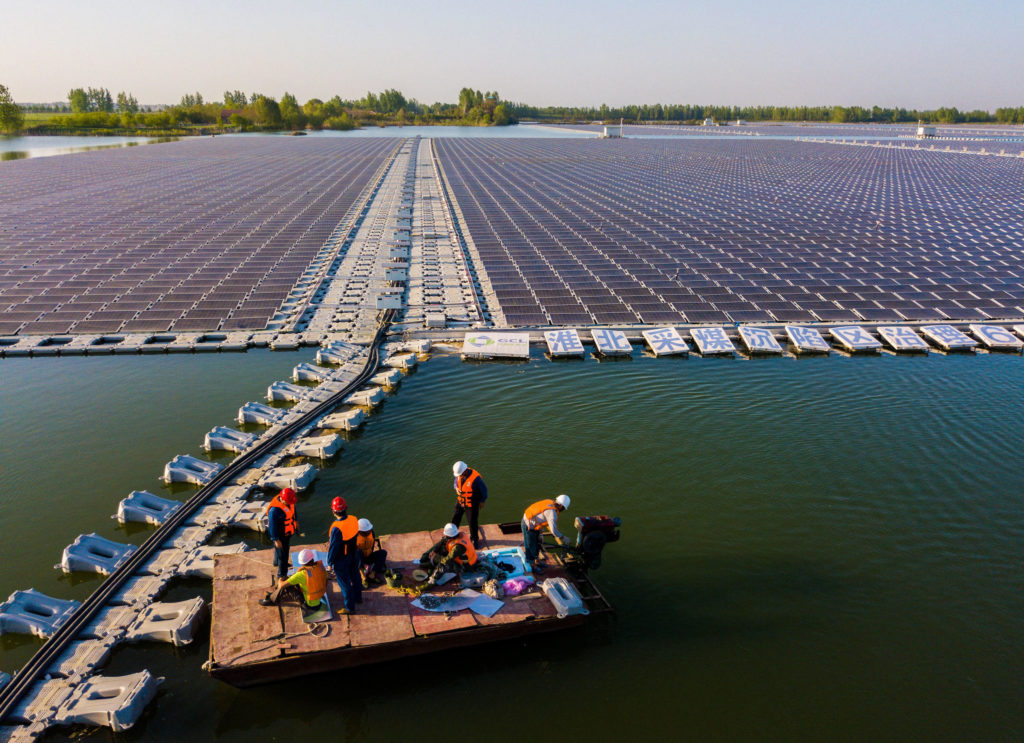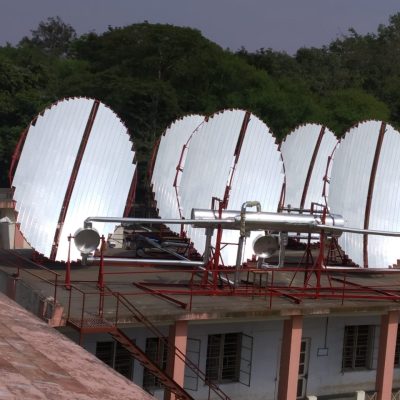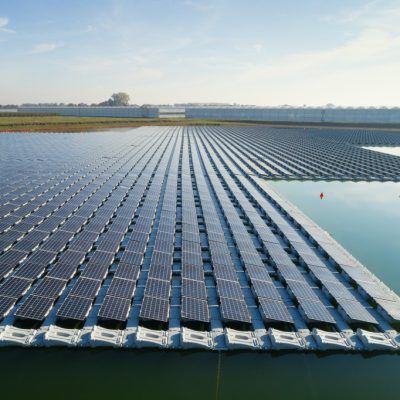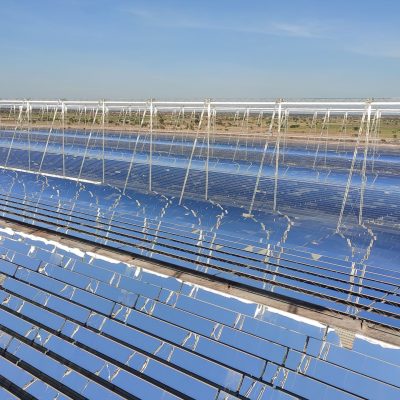
Solar energy is one of the best and most popular solutions on the market when it comes to renewable energy. Since solar energy can be utilised for both commercial and domestic purposes at incredibly low cost and in an environmentally acceptable manner, the solar business has experienced a major upsurge over the years.
Now, when it comes to electricity generation via solar, Solar Photovoltaics also known as Solar PV is often used worldwide. The principle of photovoltaic panels is to convert sunlight directly into electricity. As this field has undergone more research and development, floating solar panels have become a reality.
Floating solar photovoltaics is also called as floatovoltaics works on the same principle as of Solar PV, The only significant difference between floating solar photovoltaics and solar pv is that floating solar panels (floatovoltaics), are installed in water reservoirs. However, it is more difficult and expensive to build these floating solar panels.
PROS AND CONS OF FLOATING SOLAR
PROS:
1)Valuable land is not utilised.
The installation of floating solar panels doesn’t require valuable lands, as it is installed in water reservoir .reduces the evaporation of water.
2)Reduces the evaporation of water.
Because the floating solar panels are installed above the water surface, that also shelters the water, very little evaporation occurs.clean and environment-friendly.
3) Clean and environment-friendly
Since no fossil fuels are burned in the production of the electricity, it is clean, safe, and ecologically friendly.
CONS:
- Experts claim that the floating solar panels could prevent sunlight from reaching water bodies, upsetting the ecological balance and health of the water.
- Photosynthetic activity in the water decreases as sunlight availability decreases and as a result lots of plants inside the water bodies dies.
- A new study by scientists in the U.K. and the U.S.A. suggests that floatovoltaics may also disrupt the connection between the water bodies and the environment, resulting in the development of deep-water anoxia (lack of oxygen), which releases phosphorous from bed sediments.


